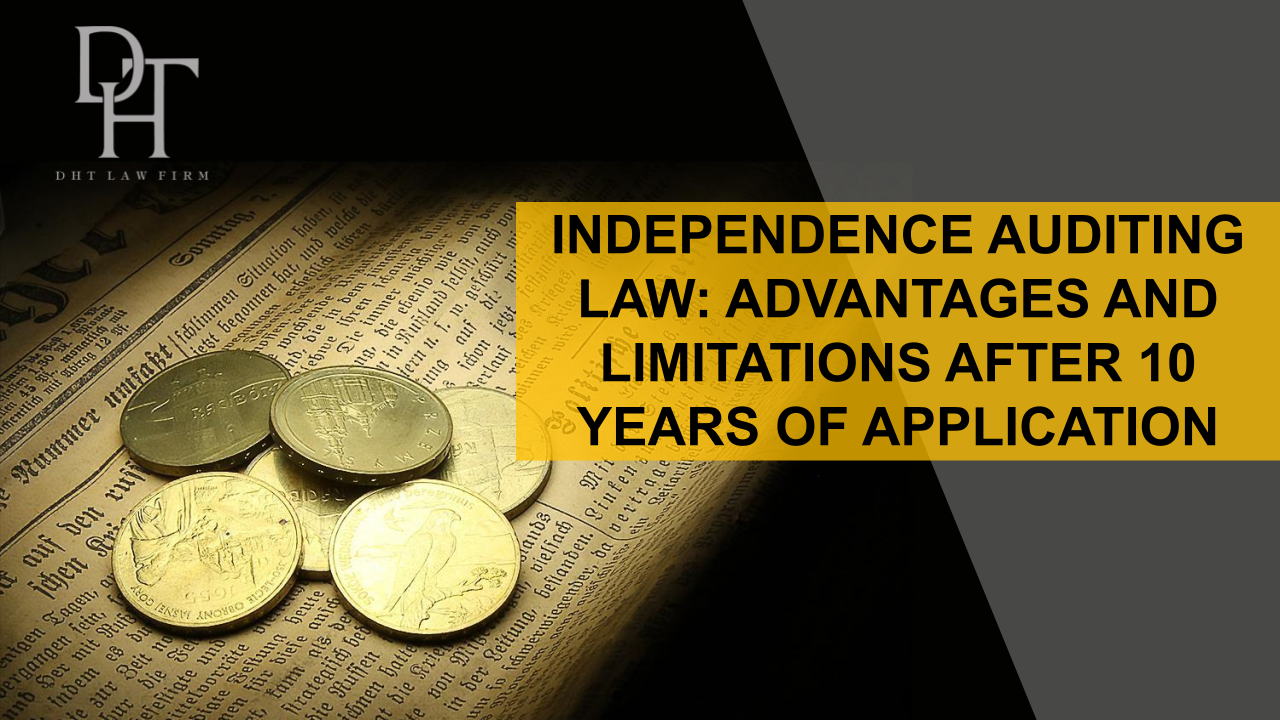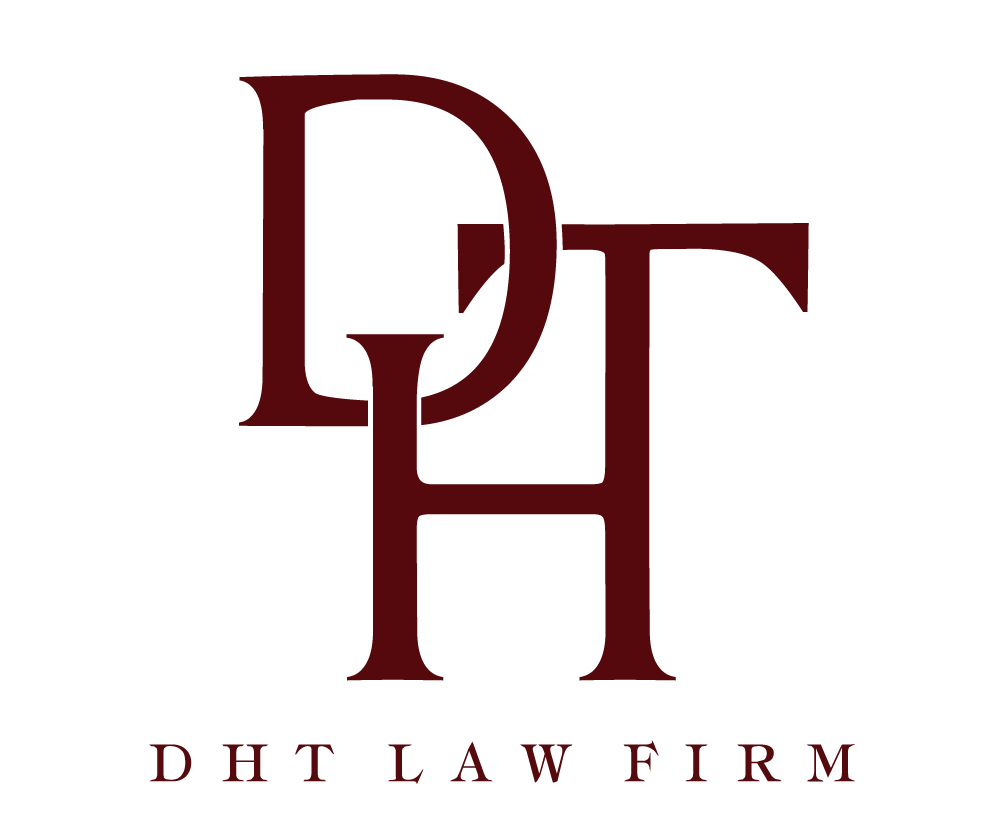
INDEPENDENCE AUDITING LAW: ADVANTAGES AND LIMITATIONS AFTER 10 YEARS OF APPLICATION
In 2010, the bill of Law on Independent Audit was introduced and many jurists wondered whether provisions in the bill of Law on Independent Audit could make it difficult for businesses or not? Responding to the above question, Former Director-General of Department of Legal Affairs – Government Office of Vietnam – currently is a lawyer – founder of Dai Ha Thanh Law Firm, Bui Ngoc Nhuan said: “Having their own grounds, the comments mentioned above illustrated that the law is unable to “satisfy” all opinions. Since it comes into force that requires “a certain period of inspection”, it fails to be applied immediately to reality fields.
Former Director-General of Department of Legal Affairs – Government Office of Vietnam – currently is a lawyer – founder of Dai Ha Thanh Law Firm, Bui Ngoc Nhuan
Up to 2021, Law on Independent Audit No. 67/2011/QH12 on March 09, 2011 (Law on Independent Audit 2011) has been in force for 10 years and has undergone a decade to put into practice. This NewsLetter shall summarize and review advantages, limitations of outstanding Law on Independent Audit 2011 during the past 10 years, as well as confirm the opinion of Lawyer. Bui Ngoc Nhuan.
1. Highlights in the regulations and results achieved by the Law on Independent Audit 2011
1.1. Standards of auditors
At a seminar for comments on the bill of Law on Independent Audit, experts disagree about the specialized limitation of auditors and such restrictions would not facilitate the development of the number of auditors. To solve this problem, Article 14 of Law on Independent Audit 2011 stipulates the standards to become an auditor “Auditors must meet the following standards: Having full civil act capacity; Having good morals, sense of responsibility, integrity, honesty, objectivity; Having degree of university or higher to be of financial, banking, accounting, auditing disciplines or other disciplines as prescribed by the Ministry of Finance; Having certificates of auditors in accordance with regulations the Ministry of Finance”.
In addition, the conditions for applying for auditors are specified in Article 4 Circular No.91/2017/TT-BTC on exams, issuance and management of audit practicing certificates and accounting practicing certificates. Accordingly, having a university diploma in auditing is not required for participants of auditors certification exams, the participants in the audit test only need to meet the conditions in Article 4 of the Circular 91/2017/TT-BTC to be able to participate in the auditor's examination.
According to Article 5.2 of Law on Independent Audit 2011 auditors can become practicing auditors when they are granted certificates of auditors; besides, they are not necessary to obtain audit certificates by The Ministry of Finance and are performing audit work. Therefore, people who fail to obtain a university degree relevant to the field of audit can still become practicing auditors if they meet the conditions hereof and are certified to practice auditing.
Law on Independent Audit 2011 has created fairness and objectivity for those who work in other fields and have the intention to practice in the audit field. As a result, it promotes human resource development in audit field and is solving financial problems of small and medium enterprises.
1.2. Responsibilities and state management in audit activities
Jurist. Vu Xuan Tien stated that " It is unreasonable that the bill only stipulates agencies, organizations, competent persons, and other individuals, when using audit reports, must take responsibility before law for their decisions to use audit reports" and according to him, the above provisions are intended to avoid the responsibility of auditing firms.
Therefore, accepting the expert’s opinion, the Law on Independent Audit 2011 stipulates practicing auditors’ responsibility for audit reports signed by themselves. In particular, practicing auditors are obliged to audit, review the audit records or to sign audit statements and take responsibility for the audit statements and their audit activities. In addition, the Law on Independent Audit 2011 also provides that auditing firms and branches of foreign auditing firms in Vietnam shall be responsible to people who use audit results.
These regulations have completely eliminated the auditing firms' avoidance of the responsibility as well as the auditors who sign the audit statements. This ensures that auditing firms and auditors who sign audit reports must be honest, objective; as well as improve the quality of audit activities. Simultaneously, people who use the audit report and investors will get a reliable reference to decide their investment.
Regarding the State management of independent audit activities, the Law on Independent Audit 2011 has absorbed the opinions of experts when providing for the " granting certificate of sufficient conditions to carry on the business of audit service" instead of "granting establishment and operation licenses" as in the bill. This is in accordance with the spirit of encouraging auditing as prescribed in Article 10 of the Law on Independent Auditing in 2011, creating an ideal opportunity for enterprises to fully meet the conditions for providing audit services in accordance with the Law on Independent Audit 2011, contributing to promoting the development of the independent audit industry in Vietnam.
In general, the highlights of the provisions of the Law on Independent Audit 2011 have contributed to the development of the independent auditing industry in Vietnam. That rapid development is expressed in all aspects of the number, size of auditing firms, number of auditors, types of services, number of clients and audit revenue. As of 2016, there are 140 - 150 companies regularly operating, the scale of activities of companies is also constantly growing; the number of auditors working in auditing companies has reached more than 2000 people, of which many have international audit certificates However, besides the advantages mentioned above, the Independent Audit Law 2011 also has limitations that lead to many backlogs and difficulties in the implementation process.
2. Some backlogs and difficulties in the implementation of the Independent Audit Law 2011
Firstly, the legal system of independent auditing has not been specifically and strictly regulated sanctioning violations of auditing companies and prosecuting their responsibilities when violating obligations in audit activities. This creates a hole for auditing firms and auditors to be irresponsible when providing false information in audit statements, which affects the interests of investors. Therefore, it is necessary to take severe measures and forms of sanction such as suspending the operation of the auditing firm if it has many auditors who are sanctioned for administrative violations in a short period of time. Deterrent measures will contribute to improving the quality of independent audits.
Besides, although there is the Law on Independent Audit 2011 and a system of auditing standards (VAS), there are still no documents guiding the application of these standards in practice. Therefore, in fact, audit firms have increased their opinions of exception without giving an opinion on whether such auditing statements have complied with the current accounting regime and accounting standards system, although the exceptional opinion is overlong and too vital. It has put a significant affection on the auditing service standard. Many companies have just been audited by auditing companies, confirming the financial situation but then on the verge of bankruptcy with losses of tens, hundreds, even trillions such as Bach Tuyet Cotton Joint Stock Company, Vien Dong Pharmaceutical Company, Vinashin Joint Stock Company,... This has caused distrust in investors, and to some extent, affected the sustainable development of the economy in general and also audit services in particular. [7]
3. Evaluation and practical comments on the application of the Law on Independent Audit 2011
Having been promulgated nearly 10 years, the Law on Independent Audit 2011 as well as relevant legislative documents have created a stable legal environment, promoting the development of independent auditors. Up till now, with the integrated development of the financial sector in general and auditing in particular, there have been hundreds of independent auditing firms with a large number of well-qualified auditors. The quality of services provided by auditing firms is evaluated relatively well; however, there is still a broad difference from advanced countries in the world. The implementation of the Law on Independent Audit 2011 faces certain difficulties and problems such as standards of the audit system or sanctioning violations for unscrupulous acts of auditing firms when making audit statements. Therefore, finalizing the legal framework with the purpose of encouraging the development of human resources in the field of independent audit is definitely important, and the provisions of the Law on Independent Audit 2011 should be added. It can be seen that Lawyer. Bui Ngoc Nhuan’s opinion has reflected accurately when looking back at the provisions of the Law on Independent Audit 2011 along with the Practical application of the law in the last 10 years since the introduction of the Law on Independent Audit 2011. Accordingly, the Law on Independent Audit 2011 has undergone difficulties and adversities in the implementation process since 2011 in order to improve and contribute to the development of the independent audit industry in the country.
